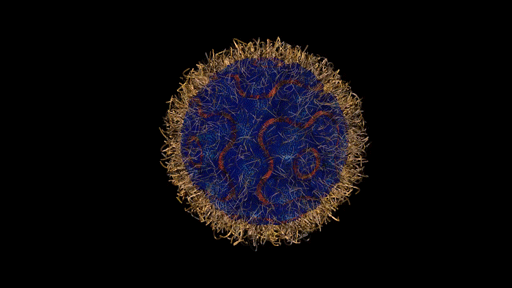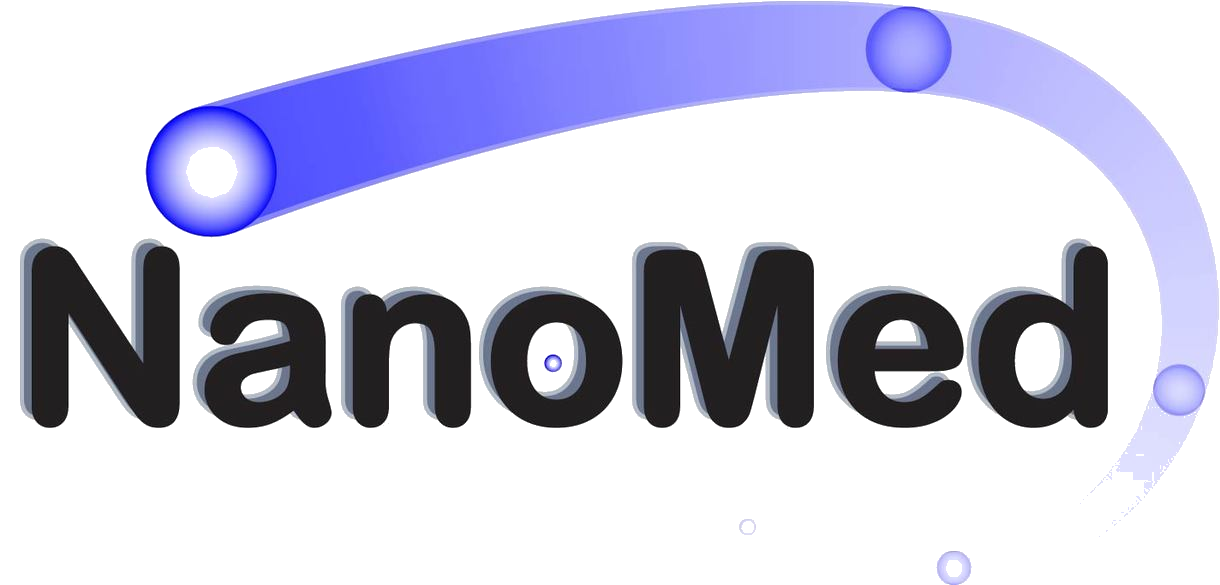OUR APPROACH
NanoMed’s novel targeted nanomedicines deliver lower doses of chemotherapeutic drugs directly into tumours, addressing current clinical problems of drug ineffectiveness and toxic side effects in cancer patients. These nanomedicines have shown significant tumour inhibition with minimal side effects in mouse pancreatic cancers, compared to conventional chemotherapy.
The clinical treatment of pancreatic and metastatic colorectal cancer currently offers poor chemotherapeutic solutions. NanoMed has a targeted nanomedicine that efficiently and preferentially delivers chemotherapy to cancer cells to improve patients’ quality of life and increase survival. The technology may also be applied to other solid tumours.
NanoMed has developed the self-assembled lipid-based drug delivery technology for cancer treatment using several on-market chemotherapy agents including 5-FU, gemcitabine and cisplatin. Proof of principle was demonstrated in cells and in murine pilot studies.
Currently, preclinical studies are conducted aiming at intractable solid tumours (pancreatic and metastatic colorectal), studying their half-life, biodistribution, efficacy and toxicity in mouse model and in clinical canine cancer patients. Positive data outcomes will lead to translation of this technology to human clinical trials.
Oncology clinicians (Sydney Adventist Hospital, Newcastle Hospital) and some international pharmaceutical company have expressed strong interest in testing NanoMed’s nanomedicines in patients with intractable solid tumours.

NanoMed’s technology is primarily targeting two very difficult clinical situations (pancreatic and metastatic colorectal cancer) where current treatments are ineffective. Pancreatic cancer often presents in an advanced state when patients are jaundiced with liver dysfunction. Current management of these cases involves the use of neoadjuvant therapy usually involving gemcitabine, which is poorly tolerated.
What is needed is a chemotherapy delivery method which provides an effective dose to the cancer but not to normal tissue. NanoMed’s drug delivery technology has shown preferential uptake with high drug payload in tumours in mouse studies at much lower doses compared to conventional drugs.
Lower doses and reduced side effects reduce complications such as neutropenia that need to be managed and are expensive to treat. Combination chemotherapies involving more than one drug, which NanoMed technology is capable of providing, show improved outcomes for more advanced cancer patients with less side effects.
The many benefits of NanoMed’s prodrug nanomedicines over similar technologies include:
- Biocompatibility
- Delivery into cancer cells by controlled nanoparticle size and active peptide targeting
- Protection of prodrug against biodegradation before it is delivered to the site of action
- Ready formation of stable nanomedicines by modular and bottom-up self-assembly of components in aqueous systems
- Several chemotoxic drugs and diagnostic agents can be loaded together without problematic cross reaction
- Low-cost and large-scale production with no unexpected challenges.
CONTACT
Lane Cove West Business Park
Unit 2, 11/13 Orion Road,
Lane Cove West NSW 2066,
Australia
Telephone: +61 2 9418 6050
E-mail: info@nanomed.com.au

